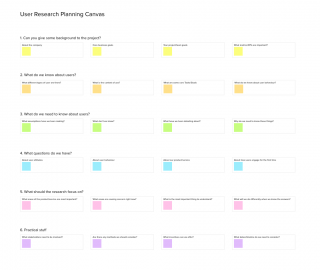
Many believe user research is a luxury, something to trim from the project to speed things up and ship faster.
True, you may be able to ship faster without research, and you may save money in the short-term doing so. But at a higher risk of failure, and a higher chance of costly redesigns.
The role of research is to inform strategy, validate assumptions, and course-correct if a product or service isn’t resonating with customers. Without research, you’re shipping and hoping, placing a hefty bet on intuition and experience carrying you over the line.
Businesses bombard consumers with information amongst the heavy competition for our attention. We’re all in a constant state of cognitive overload. The current economic climate and global pandemic exacerbate the feeling of overwhelm so that when we encounter something new, it must feel familiar and quickly demonstrate value. If it doesn’t, it has a very high chance of being rejected.
When it comes down to the success or failure of a product or service, it rests on user adoption. People adopt new things into their lives when they feel an instant connection, and when those first interactions are natural and intuitive.
The role of user research is to make that first encounter easy and engaging. Throughout my career, I’ve seen very few successful products and services do that without user research.
When in doubt about the role of user research on your project, ask yourself what is the cost of not doing it? Then ask if that’s a gamble you’re willing to take.




